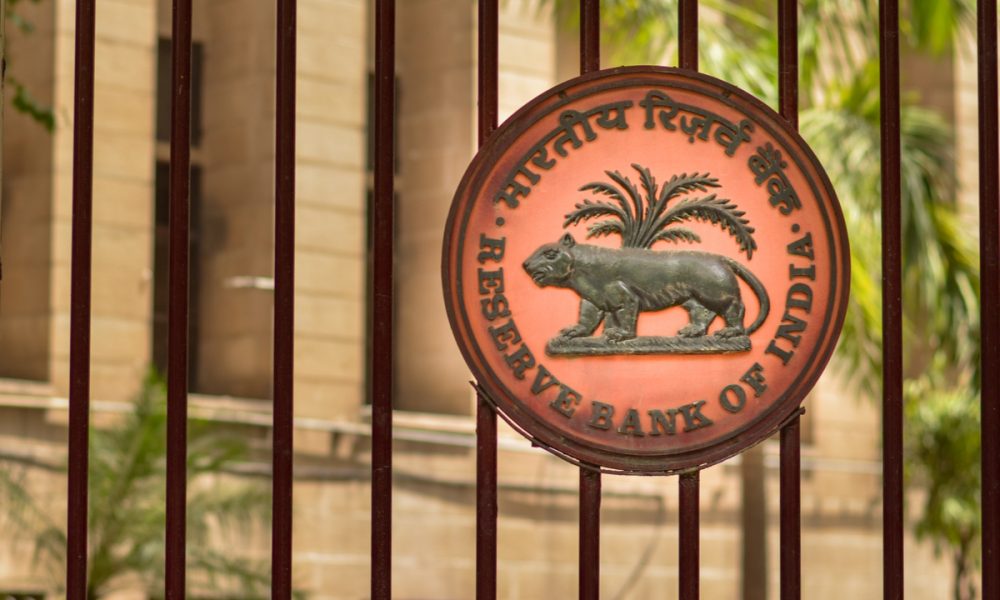The Reserve Bank of India (RBI) has granted approval for the implementation of an interoperable payment system for internet banking transactions, heralding a significant advancement in India’s digital payments landscape. This move, set to be launched by NPCI Bharat BillPay Ltd., is poised to simplify online payments for customers, allowing seamless transactions between banks and merchants, even without direct integration.
NPCI Bharat BillPay to Pioneer the System
NPCI Bharat BillPay Ltd. has received the regulatory nod to spearhead the introduction of the interoperable payment system for internet banking. RBI Governor Shaktikanta Das announced that the official launch is anticipated within the current calendar year, marking a pivotal moment in the evolution of digital payments in India.
Advantages for Merchants and Customers
The upcoming interoperable net banking payment system promises accelerated fund settlement for merchants. Presently, net banking transactions lack interoperability, necessitating banks to establish individual integrations and bilateral agreements with distinct payment aggregators serving various online merchants. This novel system aims to eliminate these cumbersome individual tie-ups, enhancing efficiency in the payment process.
Customers are poised to gain significant advantages from this development. The system will empower them to make online payments to merchants or businesses via net banking, even if their bank isn’t integrated with the merchant’s payment aggregator. This expanded compatibility provides customers with increased payment options and heightened convenience during online transactions.
Challenges in Current Net Banking Payments
Governor Das emphasized the challenges faced by customers and merchants under the existing system. The absence of integration between a customer’s bank and the merchant’s payment aggregator results in the bank’s name not appearing in the net banking payment option. This limitation has made it challenging for banks to integrate with every payment aggregator, considering the multitude of players in the market.
Additionally, the absence of a standardized payment system and rules for these transactions contributes to delays in payment receipt by merchants, exposing them to settlement risks.
Role of Payment Aggregators
Payment aggregators, acting as intermediaries facilitating digital payments between consumers and merchants, play a crucial role in the evolving digital landscape. Currently, there are 18 authorized online payment aggregators recognized by RBI, including prominent players such as Razorpay Software Pvt. Ltd, Amazon Pay (India) Pvt. Ltd, Google India Digital Services Pvt. Ltd, Tata Payments Ltd, and Zomato Payments Pvt. Ltd.
Internet Banking: A Preferred Channel for Online Payments
Internet banking stands as one of the oldest and preferred modes for online merchant transactions, encompassing payments such as income tax, insurance premiums, mutual fund payments, and e-commerce transactions. Acknowledging the significance of internet banking and recognizing bottlenecks in the current system, RBI had envisioned an interoperable payment system for internet banking transactions in its Payments Vision 2025.
Leveling the Playing Field for Smaller Payment Aggregators
Industry experts foresee the interoperable net banking payment system as a boon for smaller payment aggregators that have yet to establish ties with all banks. This strategic move is anticipated to level the playing field, offering equal opportunities for smaller players to compete with larger aggregators who have already forged alliances with most leading banks in the country.







Leave a Reply